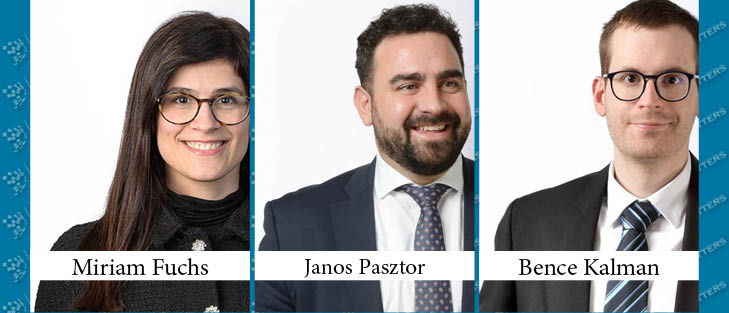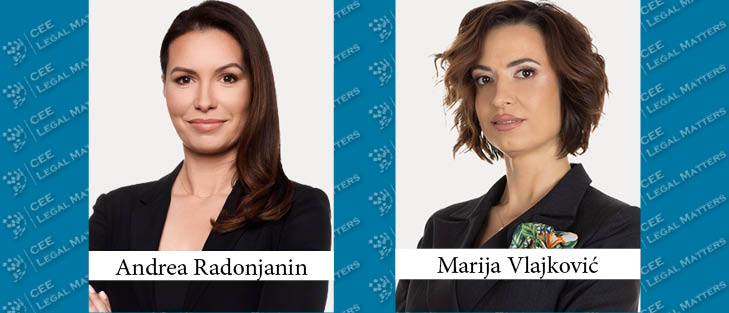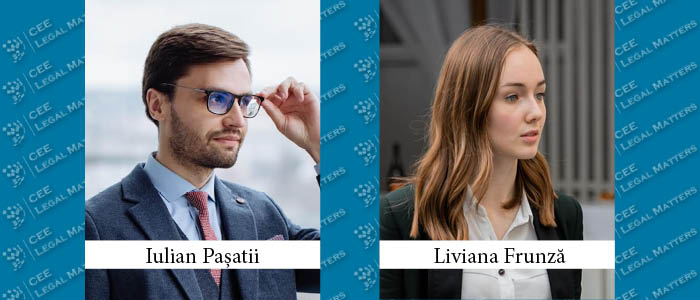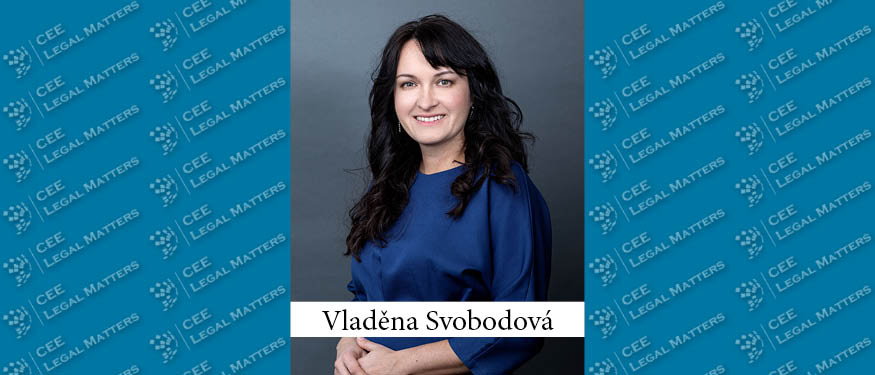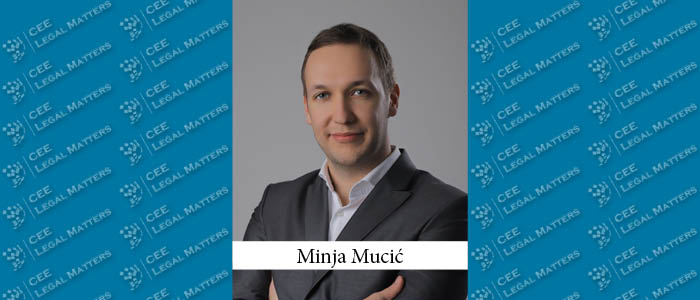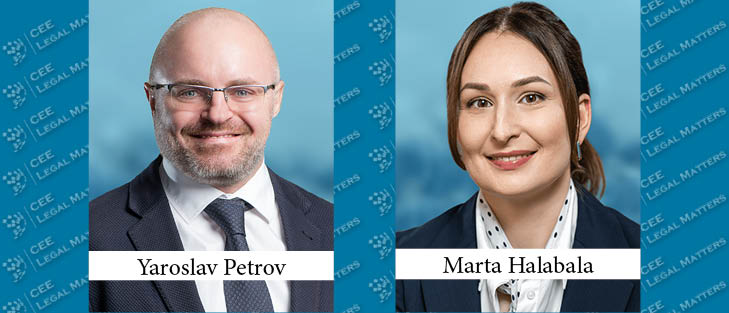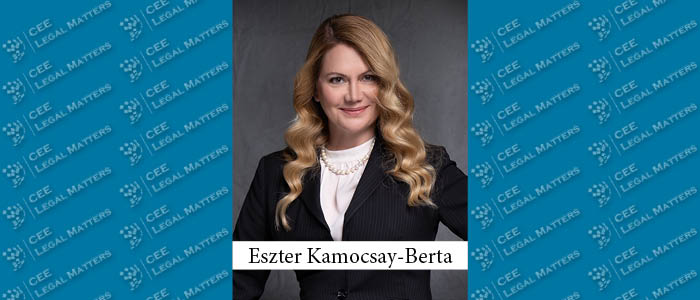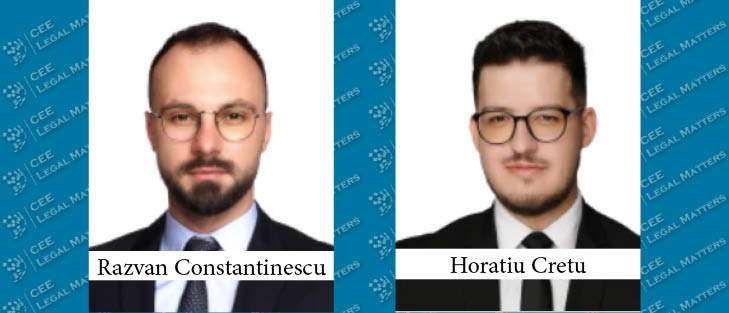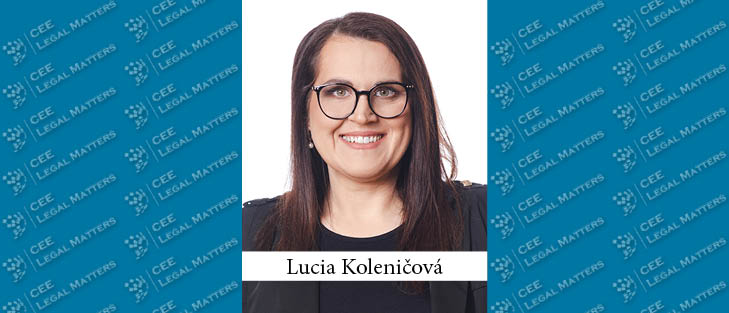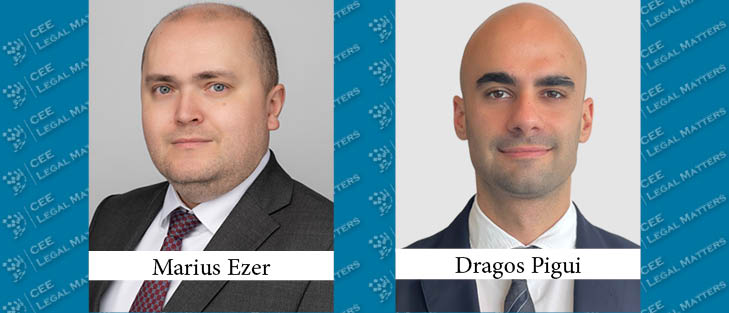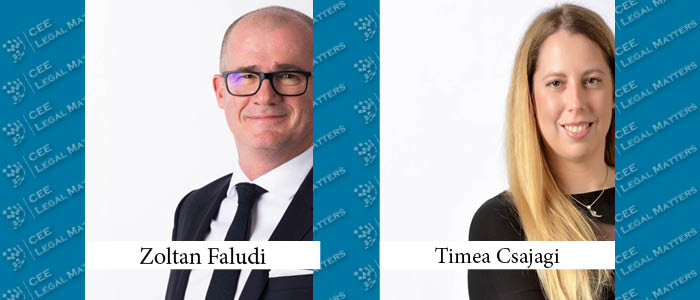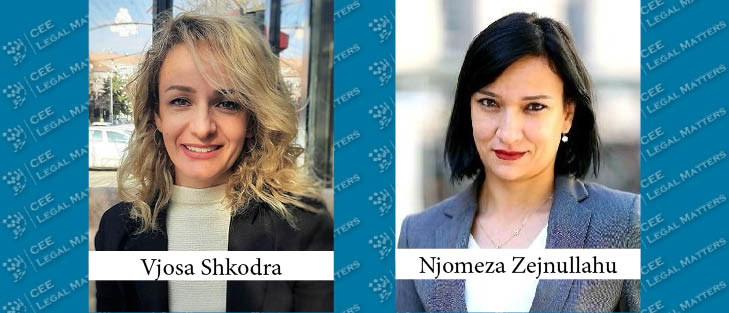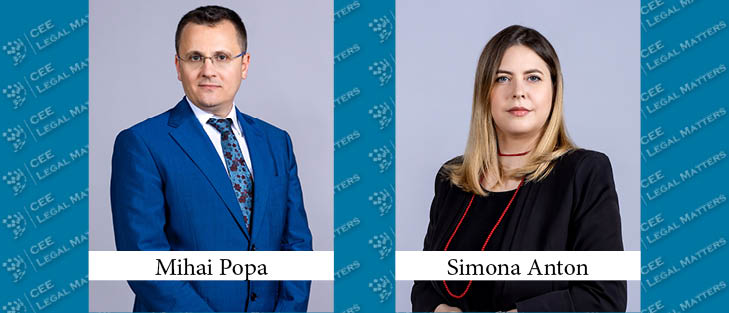There’s a new windfall value-added tax (“VAT”) reclaim opportunity in Hungary based on a recent judgment of the Court of Justice of the European Union (“CJEU”).
Governmental Efforts to Raise the Minimum Wage to the Level of the Guaranteed Minimum Wage
The minimum wage (statutory minimum wage) is the amount that an employer must pay to an employee for his/her work, in any case of a full-time job. Guaranteed minimum wage is also considered as a type of minimum wage for jobs requiring at least secondary education or secondary vocational qualifications, hence it is always a higher amount.
Rebuilding Ukraine’s Energy Sector: International Support and Investment Opportunities
Since the start of the war, Russia has inflicted severe damage on Ukraine’s energy infrastructure, leading to a critical need for comprehensive rebuilding efforts. As a result of the attacks, Ukraine has lost over 9 GW of electricity generating capacities, while local gas production has dropped 5–10 percent.
AI Regulation and Development in Serbia
AI is developing rapidly in Serbia and numerous initiatives are emerging daily. Therefore, a working group, which includes our Schoenherr expert Marija Vlajković, is already in the process of drafting a new Law on Artificial Intelligence. The final draft is expected by spring 2025.
Navigating Bancassurance in Moldova: A Win-Win for Banks and Insurance Companies
Bancassurance is a strategic partnership in which a bank collaborates with an insurance company to offer insurance products to the bank’s customers. This mutually beneficial arrangement not only allows banks to generate extra income through the sale of insurance policies, but also enables insurance companies to broaden their customer reach without the need to expand their sales teams.
How Are Other Countries Combatting Cartel Agreements?
It can be interesting to examine how other countries address anti-competitive agreements. The European trend is certainly moving towards penalising a broader range of cartel behaviour using new tools, rather than relying primarily on leniency applications (self-reporting) as in the past.
Which Workplaces Will Remain Subject to Mandatory Medical Checks?
As of 1 September 2024, not all employers are obliged to carry out compulsory medical examinations of their employees. The Labour Safety Act stipulates that other laws may specify the types of work for which such examinations will be compulsory. The Ministry of the Interior published a decree on the subject on its website at the end of August and it became applicable on 1 September 2024.
Exemption from Tax on Capital Gains Realized from the Transfer of Copyright, Related Rights, and Industrial Property Rights
In the Official Gazette of the Republic of Serbia no. 71, dated August 16, 2024, a new Rulebook on Tax Exemption on Capital Gains Realized from the Transfer of Copyright, Related Rights, and Industrial Property Rights (“Rulebook“) was published.
Ukraine Begins Exporting Biomethane to the EU: New Customs Clearance Rules
On 9 September, the Ministry of Finance of Ukraine officially published Order No. 380 dated 1 August 2024, which introduces significant changes to the regulation of customs clearance of biomethane by pipeline. From now on, Ukrainian biomethane producers will be able to export biomethane to the European Union via the Ukrainian gas transmission system through interstate interconnection points with four EU countries.
New Decrees Supplementing the Hungarian ESG Act Entered into Force
In the Hungarian Gazette of 15 August 2024, two new SZTFH (Authority for Regulated Activities) decrees were published, which supplement and further detail the provisions of the Hungarian ESG Act. The first decree on the register of ESG reports, software and qualifiers entered into force on 18 August, while the provisions on the registration of ESG reports and qualifiers enter into force on 16 September.
Romania to Introduce Stricter Compliance Rules for Crypto-Asset Service Providers
Romania’s National Office for the Prevention and Control of Money Laundering has recently published a draft of an Emergency Ordinance amending and supplementing Law no. 129/2019 on the prevention and control of money laundering and terrorist financing (the Emergency Ordinance) in order to harmonise domestic legislation with the provisions of Directive (EU) 2015/849 of the European Parliament and of the Council of 20 May 2015 on the prevention of the use of the financial system for the purpose of money laundering or terrorist financing (the Fifth AML Directive), as amended by Regulation (EU) 2023/113 of the European Parliament and of the Council of 31 May 2023 on information accompanying transfers of funds and certain crypto-assets (the MiCAR).
Recent and Upcoming Changes in Construction Legislation
In 2022, the Slovak Parliament passed two long-awaited laws, an Act No 201/2022 on construction (hereinafter the “Construction Act”) and an Act No 200/2022 on spatial planning (hereinafter the “Spatial Planning Act”). I wrote about the adoption of these laws and their content in my last article published in CEE Legal Matters. Both laws, which together were intended to bring long-anticipated systemic changes to spatial-planning and building permit procedures in Slovakia, were supposed to take effect on 1 April 2024; however, this never happened.
Is the Omission to Submit an Invoice in the National e-Invoicing System on a Saturday Punishable? More Details About the Deadline of 5 Calendar Days
We have begun our analysis of how to calculate the five-calendar day period specified in Art. 10 para. (7) of the Emergency Ordinance 120/2021 on the management, operation and implementation of the national e-invoicing system RO e-Factura[1] (“GEO 120/2021”) in the context of the Ministry of Finance’s LinkedIn post of August 2024, namely:
Modernising Arbitration: HCCI’s Rule Reforms for Global Competitiveness
The amended Rules of Proceedings (hereinafter referred to as the “Rules of Proceedings”) of the Permanent Court of Arbitration attached to the Hungarian Chamber of Commerce and Industry (hereinafter referred to as the “Arbitration Court”) came into force on 15 September 2024. The amended rules are to be applied in arbitration proceedings initiated on or after the date of its entry into force.
An Expert Review of Recent Updates to the Bankruptcy Law
The Assembly of the Republic of Kosovo approved the new Bankruptcy Law no. 08/L-256 on July 11, 2024, which was published in the Official Gazette on August 6, 2024, and will enter into force 15 days from the date of publication.
Germany’s Support for Ukraine
Since the onset of Russia’s February 2022 invasion of Ukraine, Germany has emerged as a steadfast ally, providing extensive support across various domains.
The Identity of an Economic Entity Within a Business Transfer in Light of Directive 2001/23 and CJEU Practice
The business transfer inevitably impacts on employment relationships, a context in which the identity of the economic entity has been the subject of exhaustive analysis in recent case-law of the Court of Justice of the European Union (CJEU).
August Amendment to the Labor Code and Other Upcoming Changes
The Czech Parliament and government have been unusually active in the field of labour law recently so there is a lot of legal news.

